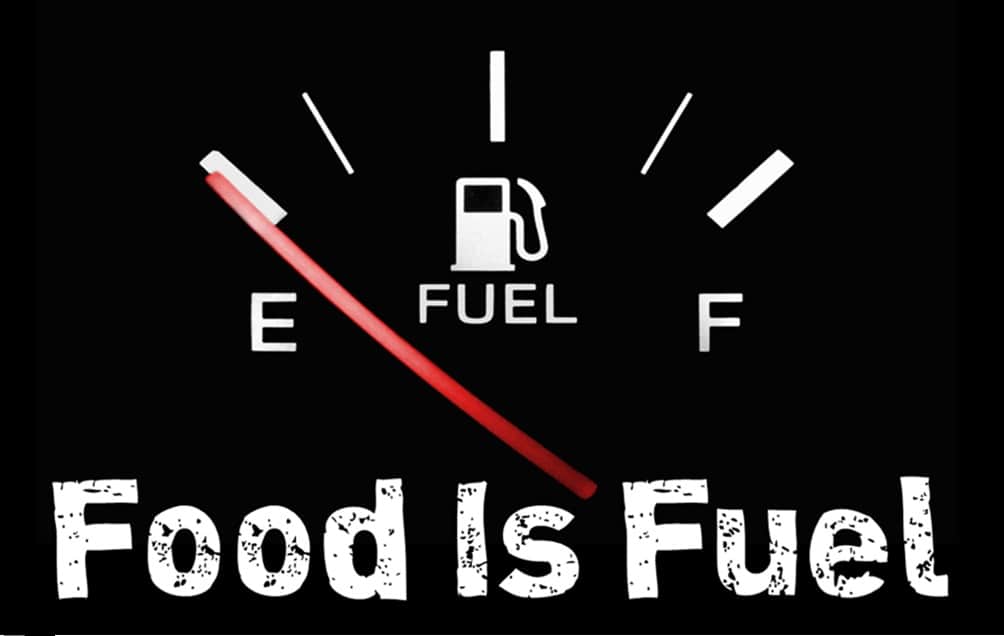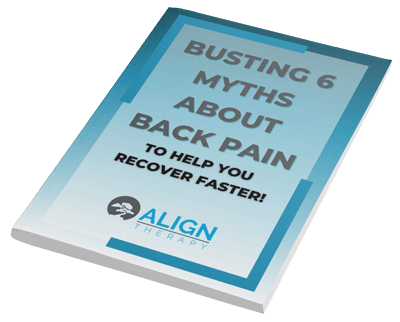When training for a race whether it is a 5K or a marathon everyone has an opinion on what makes a good diet. With so many fad diets and different sales pitches on vitamins or diet plans- choosing the right foods can seem very daunting.
So where on earth do you start? I think when you learn to stick with a few golden rules and figuring out what works for your body, you will be rewarded with an improved performance and better energy levels.
Golden rule #1 Eat
For runners or any athlete food is more than a nutritious substance; Food is fuel. During training you are most likely burning more calories than you were before. It is important to replace those burned calories with nutrient dense and nutritious foods to keep your energy levels high and providing your muscles the nutrition they need to keep them healthy and strong. EXAMPLES If you don’t have one of those fancy gadgets that tell you how much you have burned during your run don’t fret! You can use this calculator to help get and idea of how much you are burning. A good thing to keep in mind is that the amount of calories you burn varies according to your gender, size, and intensity of your workout.
Golden rule #2 Consume proper macronutrients
It is important to incorporate all three macronutrients when planning your meals.
Carbohydrates
When it comes to long distance running, carbohydrates serve as the main fuel source. It is important to eat complex carbohydrates over simple sugars, as they are digested more slowly and give your body longer lasting energy.
Ex. Oatmeal, yams, brown rice, beans, lentils, quinoa, broccoli.
Protein
Protein is needed for muscle growth and repair. If you don’t eat enough protein when training, your body will break down muscle to fuel your body. The goal with running is to build and maintain lean muscle mass.
Ex. Fish, Chicken, Tofu, eggs.
Fats
Consuming enough fat, in the form of healthy fats, has been shown to increase endurance for marathon runners.
Ex. Avocado, nuts, chia seeds, fatty fish.
Golden rule #3 Don’t Over eat
Just because you are burning more does not mean you can eat whatever you want and how much you want. Often when you start running more miles your appetite might feel like a teenage boy going through puberty, but does not mean you should eat like one. If you are feeling hungry all the time you might want to look at a dietary change.
- Are you eating enough before a run? Running on an empty stomach can make you have powerful hunger cravings.
- Are you eating Often enough? If you are still feeling hungry during the day with eating three meals a day, try spacing out the same amount of food into five smaller portions instead. With a steady input of food it will help your body maintain stable blood sugar levels.
- Are you eating enough complex carbohydrates and protein? It is important you are eating protein and complex carbohydrates to stabilize your blood sugar and keep you feeling fuller for longer.
Golden rule #4 Keep hydrated
Along with glycogen depletion, dehydration is one of the biggest causes of fatigue and feeling like you don’t have high energy levels to run. It can cause a decrease in performance.
It is important to get in to regular drinking habits. It is recommended to have eight 8 ounce cups of water a day, which is known as the 8×8 rule. It is important to start every run well hydrated.
I don’t think their is one exact way that everyone should eat while they train, but I do believe and optimal diet can benefit an athlete by increasing energy and increase recovery from exercise. By taking the time to give your body the proper fuel it needs you will be able to go the distance and cross that finish line.
Feel free to contact us with any specific questions! david@aligntherapyutah.com
If you want to check out Part 1 of a part 3 series, that talks about preparation you should do before beginning a structured training program, click below.
Part 1 – Couch to Half Marathon Training
Part 3 – 12 Week Half Marathon Training Plan
Charlene Nordhoff, Physical Therapist Assistant







